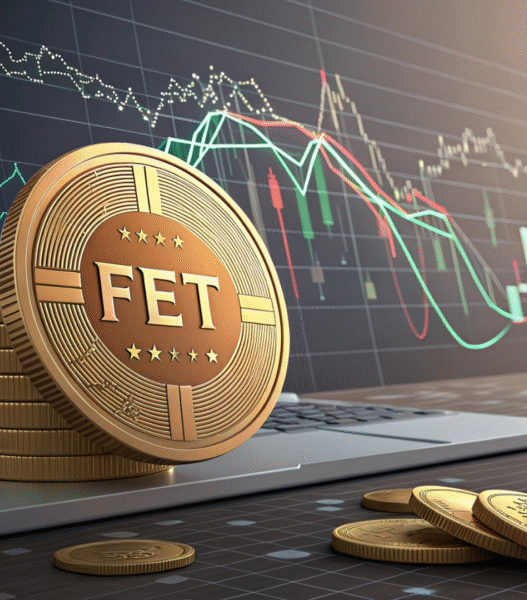A Manhattan jury has deadlocked in a closely watched federal case over whether an alleged MEV exploit on Ethereum amounts to criminal fraud.
On November 7, a New York federal judge declared a mistrial after jurors failed to reach a unanimous decision on the fate of brothers Anton and James Peraire-Bueno.
According to the Reuters report, Prosecutors say the MIT-educated pair pulled roughly $25M in cryptocurrency from the network in a 12-second on-chain transaction.
What Led Judge Jessica Clarke to Dismiss the Jury?
The trial ran for several weeks, focusing on how Ethereum blocks are built and whether the brothers’ actions constituted sharp trading or a scheme that crossed into wire fraud and money laundering.
US District Judge Jessica Clarke dismissed the jury after days of failed deliberations.
Jurors told the court they were worn down by the case and struggling to agree. Some said the process had led to “sleepless nights,” according to notes shared in court.
Prosecutors have not said if they will bring the case back for trial.
The government argued the brothers spent months planning to interfere with Ethereum’s validation process.
They were accused of exploiting MEV-Boost, the software most validators use to help decide how transactions are ordered.
In opening remarks, prosecutors described the method as a fast “bait-and-switch” meant to trick trading bots and pull funds away from other market players. The defense said the approach was new but fair in an aggressive on-chain market.
The Justice Department had promoted the case as a first-of-its-kind fraud and money-laundering prosecution when it announced the charges in 2024.
Why Did The MEV Fraud Case End In A Mistrial?
The case effectively became a public test of how US fraud laws apply to the maximum extractable value of the profit made by reordering blockchain transactions.
Coin Center raised early concerns in an amicus filing, arguing that prosecutors were trying to force “a novel and alien code of conduct” onto blockchain networks.
The group stated that this approach would stretch legal boundaries and could deter validators from participating.
Inside the courthouse, jurors appeared uncertain about key instructions and how to interpret the law. They sent several notes asking for guidance. After hours of discussion and no clear path forward, the judge declared a mistrial.
Reports stated that jurors were divided on how to apply the law, despite the facts of the 2023 transaction being largely undisputed.
That gap highlights the difficulty of integrating blockchain mechanics into traditional fraud rules.
Ether traded near $3,571 early Monday. Bitcoin hovered around $104,540.
Prices have been choppy in recent weeks on macro nerves and flow swings in US spot bitcoin ETFs. The mistrial itself did not trigger major moves.
The Southern District of New York now has choices: retry the case, seek a plea, or drop it.
Whatever prosecutors do next, key questions remain how far “honest validation” duties extend, and when protocol-level tactics turn into fraud.
Those issues will continue to hang over MEV practices and Ethereum’s validator ecosystem.
EXPLORE: The 12+ Hottest Crypto Presales to Buy Right Now
The post Mistrial For MEV Mafia Family: How Two Brothers Defrauded Ethereum of Millions appeared first on 99Bitcoins.








